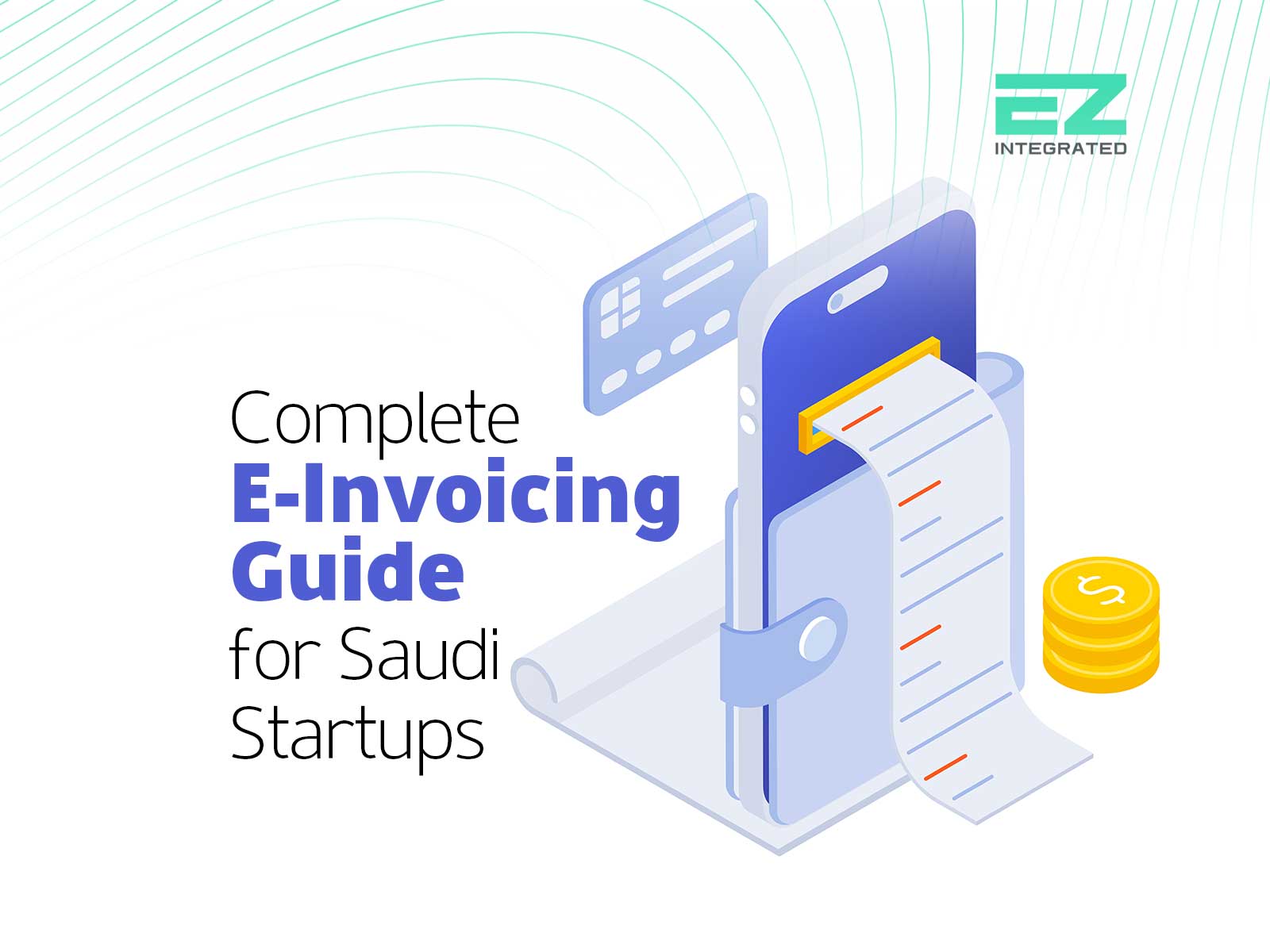As the business environment rapidly evolves, Saudi startups are now required to comply with e-invoicing regulations from day one. Overseen by ZATCA, this process is essential for digital transformation.
Understanding the right steps from the start helps ensure smooth operations and prevents penalties.
When Do Saudi Startups Need to Start E-Invoicing?
Since December 2021, all VAT-registered entities must issue e-invoices. Saudi startups receive little grace period and must start the compliance process immediately after VAT registration.
Whether small or medium-sized, Saudi startups are subject to the same invoicing requirements. E-invoicing integration becomes mandatory once revenue thresholds are reached.
How Saudi Startups Can Activate E-Invoicing
To activate e-invoicing properly, Saudi startups should follow these steps:
- Register on the official ZATCA portal
- Apply for VAT and receive a valid tax number
- Choose the correct invoice type: tax or simplified
- Ensure your accounting system meets ZATCA’s standards
These initial steps are critical to getting your invoices accepted through the FATOORA platform.
Connecting to FATOORA Platform: Key Requirements
Once the internal system is ready, Saudi startups must complete the integration process, which includes:
- Using accounting software that supports XML or PDF/A-3
- Including mandatory elements like VAT number, digital signature, and QR code
- Applying approved API connections from ZATCA
- Submitting invoices in real time to FATOORA
Tracking acceptance or rejection notifications from the authority
Also read: Your Guide to Full Integration with Fatoora Portal
Phase One vs Phase Two: What’s the Difference?
E-invoicing in Saudi Arabia is rolled out in two phases:
- Phase One (Generation Phase): Requires issuing and storing e-invoices without real-time submission
- Phase Two (Integration Phase): Requires real-time invoice submission and full system integration
Many Saudi startups are required to implement phase two from the beginning, especially if they exceed the revenue threshold.
Staff Training and Internal Process Management
To ensure operational and technical readiness, Saudi startups should:
- Train accounting staff to issue valid e-invoices
- Validate all data to prevent invoice rejection
- Involve suppliers and clients in the e-invoicing workflow
- Understand technical and regulatory requirements to avoid non-compliance
Also read: How to Conduct Effective E Invoice Training for Employees
Common Compliance Mistakes Among Saudi Startups
Typical errors made by Saudi startups include:
- Delayed VAT registration
- Using incompatible invoicing software
- Missing required invoice elements
- Failing to connect to the FATOORA platform on time
Avoiding these mistakes early strengthens compliance and protects against penalties.
How EZ Integrated Supports Saudi Startups
As a ZATCA-certified provider, EZ Integrated offers solutions tailored for saudi startups, including:
- Ready-made integrations with the FATOORA platform
- Seamless compatibility with your accounting software
- Direct training for your team
- Ongoing technical support and updates
Whether you’re running a clinic, restaurant, or tech venture, we provide the best-fit solution for your business.
Start early for a smoother transition. Begin your digital transformation confidently today. Contact EZ Integrated now for a personalized consultation and activate your e-invoicing system with ease.
